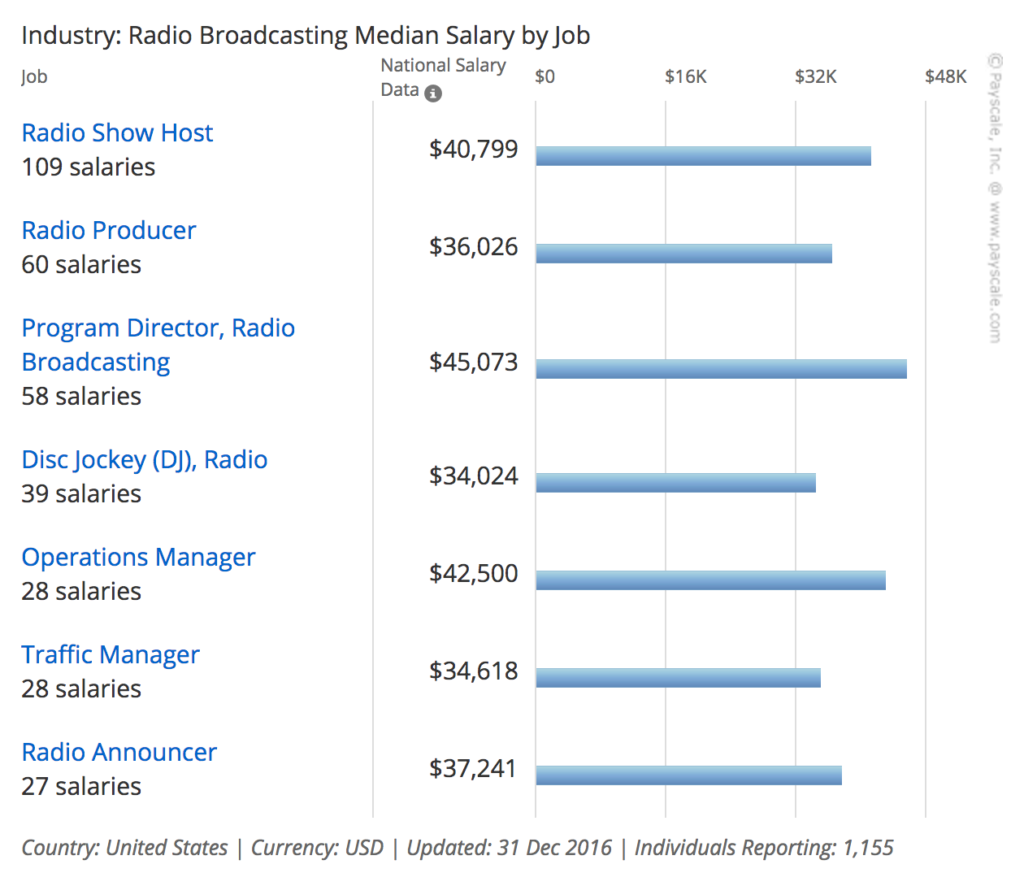So I get this invite to take part in usability testing of a new prototype (is that redundant?). It’s for a big company. One of the biggest. I can’t tell you much more because I had to sign a non-disclosure agreement and they seemed pretty serious about it.
A young woman (early 20s?) ran the session (a video conference) and there were 4 or 5 others who I assume were observing but did not speak. The session lasted about half an hour.
She had me log in to a development site with (what I assume was) an early version of the new tool they’re working on. She asked me to play around with the tool and talk aloud as I did so. She would occasionally ask me a question. Near the end of the session she asked if I would use a tool like this, to which I immediately replied, “No” and explained why.
I don’t use Facebook so I’m only speculating here, but I had a strong sense they were trying to add FB-like features. “Like” buttons; the little “heart” icon; etc. I said, as gently as I could, it seemed they were trying to solve a problem that did not exist. This company is big enough they must have an army of developers working on stuff like this all the time. And that’s good, up to the point they adding features nobody wants or needs.
I don’t know when — if ever — I’ll be able to tell you more about this. Maybe if the thing ever goes public. For my effort they’re going to give me a $50 gift certificate, but the real value was forcing me to think about social media and how use it (or don’t use it).
Social. Media.
The ‘media’ part is pretty straight forward. We see news, photos, video, audio. The ‘social’ part seems to be about connecting with people (“engagement”). In my experience, that is happening at an increasingly superficial level. Thumbs up, thumbs down, heart, +1. I’ve started wondering, why bother? Yes, I’m retired and have lots of time to write a long-winded post or comment (TLDR!). But, really, what does a ‘thumbs up’ or +1 add?
It must be enough, though, because here I am. If I spot the new prototype in the wild, I’ll let you know.



 That’s the question posed in a
That’s the question posed in a